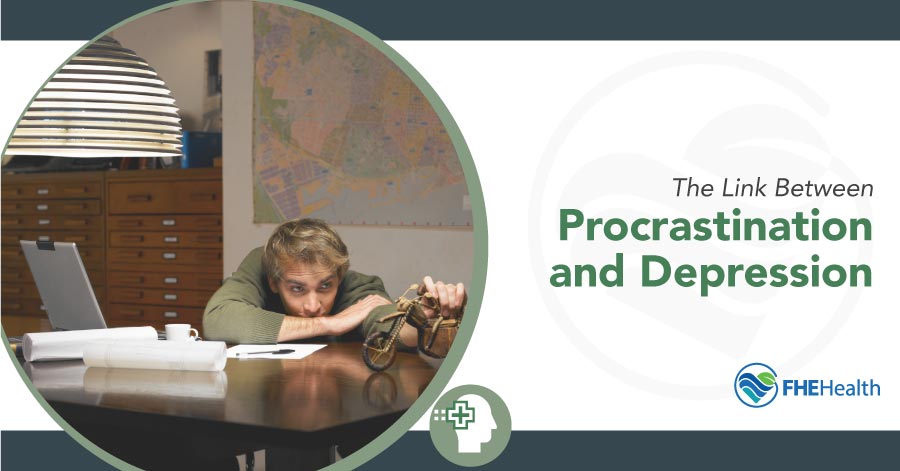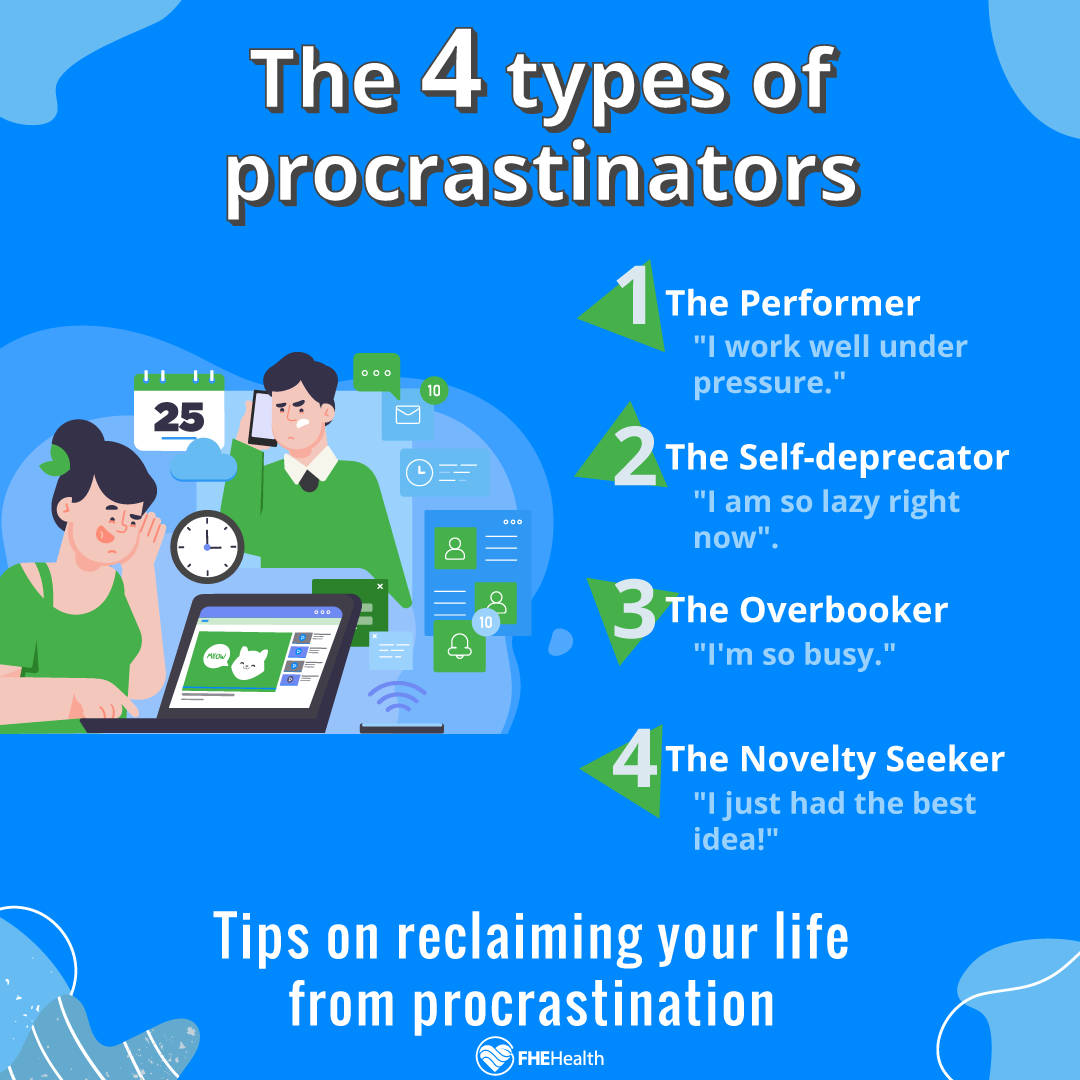
When a person is suffering from depression, it can be difficult to simply get out of bed, never mind trying to complete tasks. People can lose interest in activities they normally enjoy, which can lead to procrastination in various areas of their lives. The link between depression and procrastination may cause an individual to feel frustrated or even angry at their inability to get things done. This can result in pushing tasks off even more.
Is this a situation that can be helped through lifestyle changes, or is it necessary to seek mental health treatment? Learn about the correlation between depression and procrastination and what treatment measures can be taken.
What Does Procrastination Look Like?
Procrastination is the act of delaying something, usually intentionally or unnecessarily, even when it’s a pressing matter that may have consequences if the task isn’t completed on time. Everyone procrastinates once in a while. Maybe you waited until the day before a project was due to start working on it or kept pushing off seeing a doctor until a condition worsened. Avoidance happens to everyone, despite the procrastination anxiety that usually happens when we do. There are four main procrastination personality types people may fall into.
Working Under Pressure
This person typically has a hard time getting tasks started unless they’re tight on time and forced to work. Perfectionism is most likely the reason behind this. If an individual is afraid of failing or not reaching their high expectations, they may be discouraged from starting at all. By working under pressure with little time to spare, there’s no way those high standards can be met, and this makes it safer to begin a task.
Blaming It on Laziness
Laziness isn’t usually the real culprit in this case. When a person doesn’t take action to complete something, they may blame it on laziness or stubbornness rather than admitting they’re too tired from taking on too much. Taking a break and being compassionate with yourself can result in more successful work habits.
Being Too Busy
Staying too busy can actually decrease productivity. If a person is filling up their calendar with too many events and saying they’re overwhelmed, using the “I’m too busy” excuse for a particular task is probably an indicator of avoidance. By creating chaos, they can keep pushing the important task they’re avoiding further down the to-do list.
Balancing Too Many Projects
This person is constantly looking for the next big thing. They’re really good at coming up with new ideas and starting projects, but they tend to get bored with them a week later and abandon the ideas altogether, resulting in a lot of lost time and burnout, creating a cycle. Instead of taking the time to fully invest in one project and see it through to completion, this person ends up with a lot of half-finished tasks that go nowhere.







